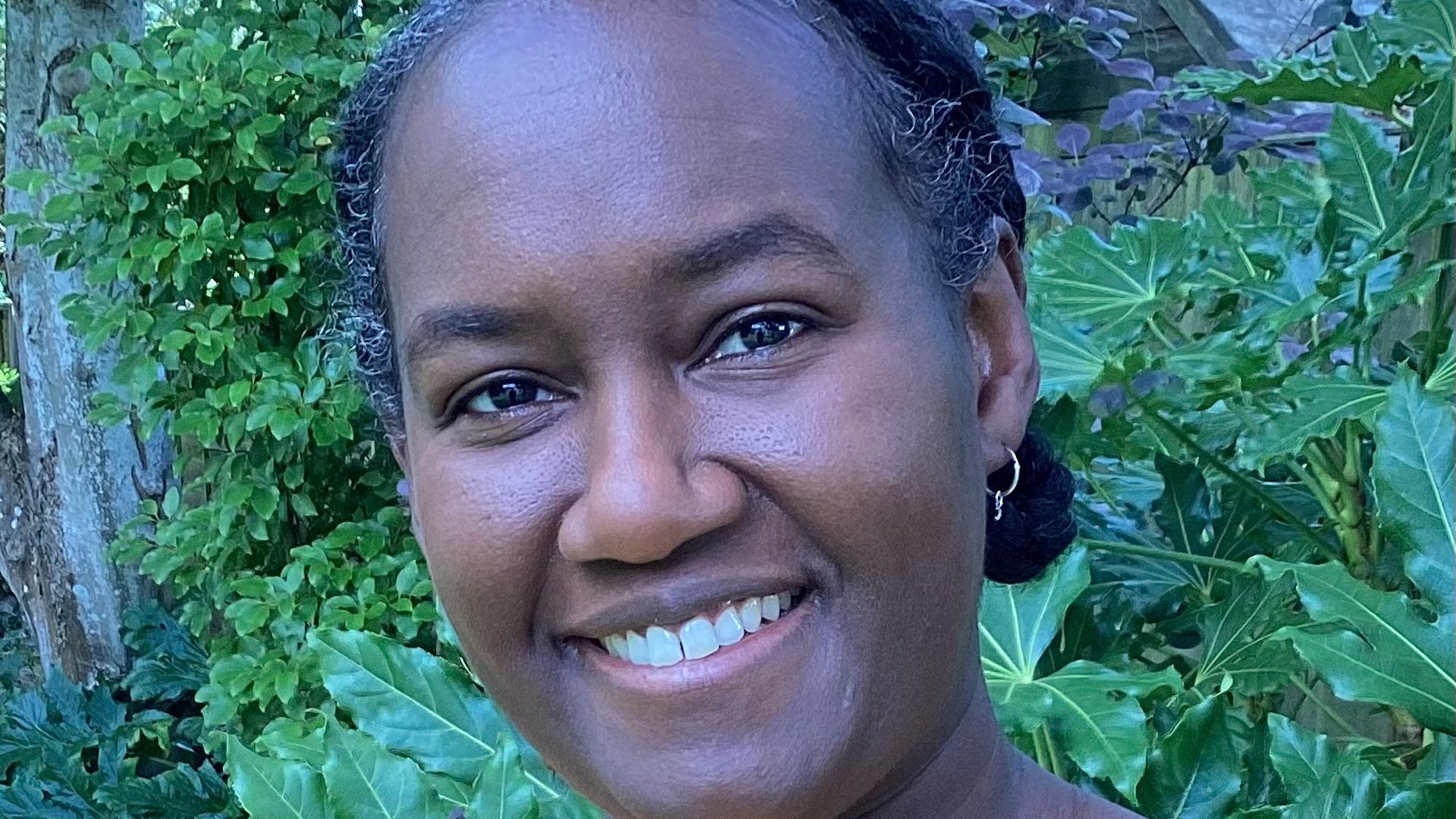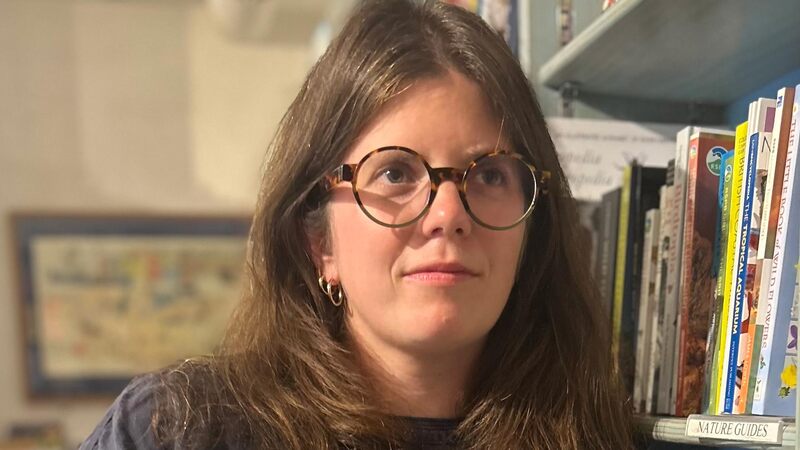You are viewing your 1 free article this month. Login to read more articles.
Report highlights dearth of Own Voices children's books by neurodivergent and disabled authors
The number of children’s books with disabled or neurodivergent main characters published over the past decade was "very low", and the majority of those published were by non-disabled, neurotypical authors and illustrators, a new report has found.
The Inclusive Books for Children "Excluded Voices" report identified 568 books that were traditionally published in the UK from 2014 to 2023 for children under ten which contained main characters from minority ethnicities or who were disabled or neurodivergent.
Of the six children’s fiction books published over the decade featuring a neurodivergent main character, the report found none were by a neurodivergent creator.
The report also found that of the 19 children’s fiction books with a disabled main character, seven were by the same three disabled creators, with the other 12 books by able-bodied creators.
It found that 90.2% of books for babies and toddlers featuring prominent characters of colour and disabled characters were by white, non-disabled authors and illustrators.
Fabia Turner, head of content for Inclusive Books for Children, said: "Publishing must make more space for marginalised creators who wish to tell their own stories, whether they are Black, Asian, disabled, neurodivergent or from any other under-represented group. This new vision of multiplicity in published includes Own Voice white creators, for example, disabled white authors or illustrators portraying disabled characters—another category woefully lacking in these stats."
She added: "[The report] is a serious call to action for the whole of UK children’s book publishing to look beyond tokenistic, trend-driven commissioning, and pigeonholing of Own Voice creators into issue-only books, and instead address inclusivity more deeply, genuinely and rigorously."
The IBC’s Excluded Voices report compliments the research by BookTrust’s Represents and the Centre for Literacy in Primary Education’s Reflecting Realities and sought to establish which children’s featuring main characters from marginalised backgrounds have been produced by creators sharing the same marginalised backgrounds.
Marcus Satha, co-founder of Inclusive Books for Children, said: "Commissions to create storybooks for younger children with main characters of colour, and disabled and neurodivergent protagonists, have been fulfilled primarily by white, able-bodied, neurotypical creators. Meanwhile, Own Voice representation in certain categories, by age and by marginalised group, remains vanishingly small. This approach is out of sync with the changing attitudes and demographics of the UK. Seeking out more diverse Own Voice talent and investing in their stories will likely pay significant dividends, over many years, to publishers brave enough to move away from the status quo."
Satha added: "We are sceptical about the authenticity of representation that can be achieved by creators with no lived experience of the identity they seek to portray. Authors and illustrators should be able to exercise creative freedom of course but, given how few creators from marginalised groups are published, we argue that until the playing field is levelled, they should be first in line for commissions to tell their own stories."


















